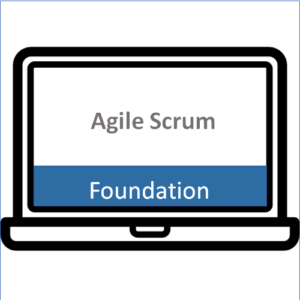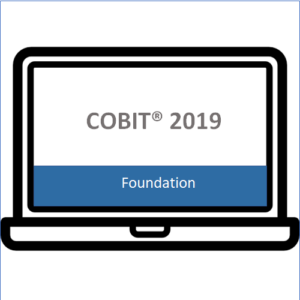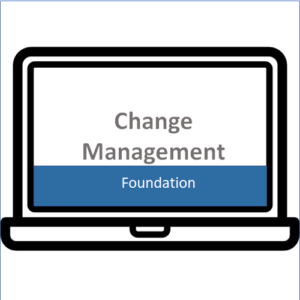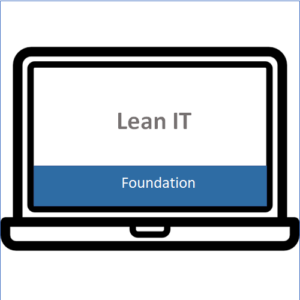DevOps Foundation
What will you learn?
- History and need of DevOps
- Key concepts of DevOps
- Business value of DevOps
- Concepts underlying C.A.L.M.S., The Three Ways, continuous delivery, and the scope of the full stack
- DevOps culture, transformational leadership and DevOps structure and teaming
- Evolution of the DevOps Practices and the 15 essential practices of DevOps
- Agile project management and Scrum methodology
- Key concepts of cloud technology and virtualization, automation for deployment pipeline, and architecting for continuous delivery
The price includes access to e-learning course, quizzes and sample exam. Note: This e-learning course doesn’t have video materials, but includes everything to prepare for the exam.
$24.00
Course Contect
Course Description
Learn about DevOps to support organizational efforts in reducing costs while increasing agility, quality and customer service; leverage case studies, real-world success stories, and metrics to demonstrate business success in this foundation-level course to support digital transformation.
With DevOps, people across the IT organization, working together, enable fast flow, feedback and continuous improvement of planned work into production, while achieving quality, stability, reliability, availability, security and team satisfaction.
The goal of DevOps is to shorten the systems development life cycle while delivering software releases frequently in close alignment with business objectives in a faster, better, and cheaper fashion.
Course Structure:
- Chapter 1 – Introdution to DevOps.
- Chapter 2 – The Business Value Delivery Problem / The IT Value Delivery Problem.
- Chapter 3 – Key DevOps Principles and Concepts.
- Chapter 4 – The Full Stack: People and Culture.
- Chapter 5 – The Full Stack: Processes and Practices (15 practices of DevOps).
- Chapter 6 – The Full Stack—Technology and Automation.
- Chapter 7 – The DevOps Maturity Assessment.
- Chapter 8 – Summary.
- Trial exam.
Who is it aimed at?
The target audience for the DevOps Foundation course includes Management, Operations, Developers, QA and Testing professionals such as:
- Individuals involved in IT development, IT operations or IT service management;
- Individuals who require an understanding of DevOps principles;
- IT professionals working within, or about to enter, an Agile Service Design Environment;
- The following IT roles: Automation Architects, Application Developers, Business Analysts, Business Managers, Business Stakeholders, Change Agents, Consultants, DevOps Consultants, DevOps Engineers, Infrastructure Architects, Integration Specialists, IT Directors, IT Managers, IT Operations, IT Team Leaders, Lean Coaches, Network Administrators, Operations Managers, Project Managers, Release Engineers, Software Developers, Software Testers/QA, System Administrators, Systems Engineers, System Integrators, Tool Providers.
Learning Outcomes
Organizational benefits are:
- Shorter development cycles, faster innovation;
- Reduced deployment failures, rollbacks, and time to recover;
- Improved communication and collaboration;
- Increased efficiencies;
- Reduced costs and IT headcount.
Benefits for employees are:
- Common DevOps concepts and terminology;
- Benefits to the business and IT;
- Continuous Integration, Continuous Delivery, testing, security and the Three Ways;
- DevOps relationship to Agile, Lean and ITSM;
- Improved workflows, communication, and feedback loops;
- Automation practices including deployment pipelines and DevOps toolchains;
- Scaling DevOps for the enterprise.
Prerequisites
- There are no pre-requisites required in order to begin a DevOps Foundation course.
- Familiarity with IT terminology and IT related work experience are recommended.
What is included?
- E-learning course.
- Quizzes at the end of each module.
- Sample exam.





